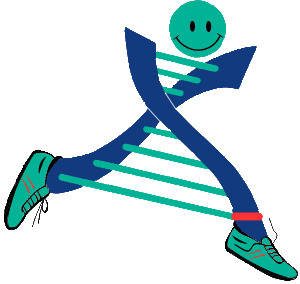My interest in medical research started during the time I was enrolled in a PhD program in the Chemical Engineering Department of Tulane University. The interest was more personal than research focused at that time.
I started to notice that my toddler son, Daniel, was not developing like other children. He would eventually achieve his developmental milestones, but some months later. He would get sick more often compared to his peers with different respiratory infections, allergies and gastrointestinal issues. Daniel’s brother was born 5 years after, and I started to notice similar development issues with Alexander. I enrolled him in almost every activity at six-months of age.
My boys’ development concerned me. We visited many different doctors and ran lots of tests. We started with doctors in New Orleans, eventually traveled to different cities and countries. My kids were given several different diagnosis for physical illnesses; and autism and ADHD for their language and development disorders. By 2010, I tried every possible treatment and therapy anybody ever suggested. Nothing seem to improve their wellbeing, but I was not ready to give up.
As my quest for kids’ health with doctors came to a stop, I needed to try something else. For Christmas 2010, I gave everybody in our family an unusual present: a genome sequencing kit. The company provided ancestry information and reports on inherited conditions, physical traits and drug interactions. Unfortunately, the reports did not show anything that can explain my sons’ issues. And I could not find anyone to help me interpret the raw data. I was left with only one option that I could this off: Learn genetics. The next six months I took university online classes and wrote a program to analyze massive amounts of raw data.
